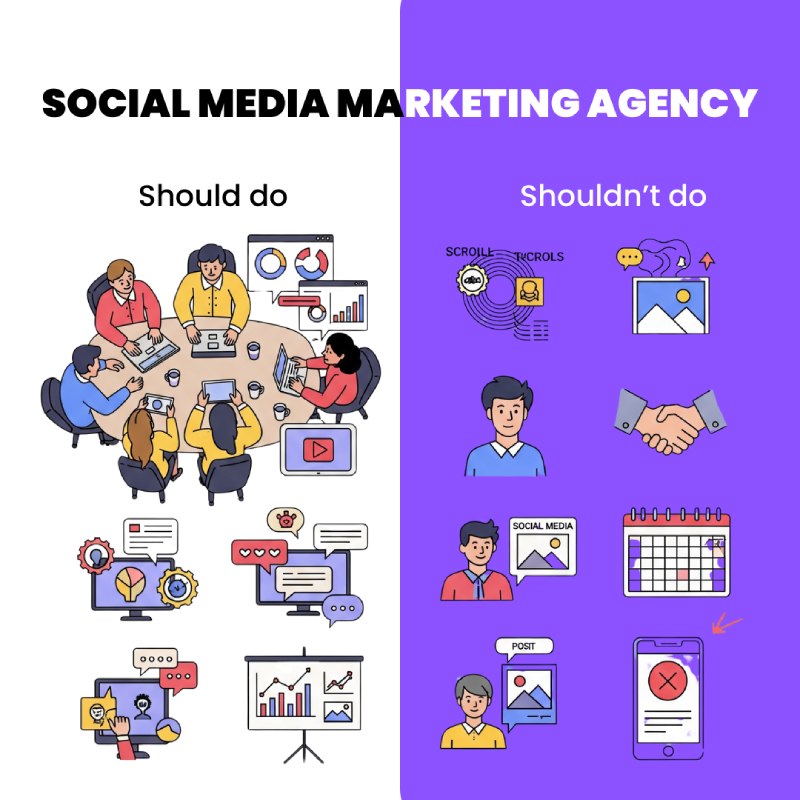A Moment at the Gym That Got Me Thinking
It happened one morning at Life Time Fitness in Palm Beach Gardens.
I was stretching before pickleball when I overheard two women chatting nearby. One of them was explaining something to her friend, she said, “My friends and I do this thing – In between – you know, between texting and calling.”
She was describing how they communicate through voice-to-text messages, not actual voice notes, but where you talk and your phone transcribes your words into text.
Then she laughed and added, “Yesterday one of my friends sent me one so long it felt like reading a book! The minute I saw it, I thought — oh, she definitely broke up with her boyfriend!”
Her friend looked puzzled and replied, “But I don’t get it… It’s bad if she calls, and bad if she sends a kind message?”
That line hit me.
Because that’s the contradiction of our times — connection has become conditional.
We want to be thoughtful but brief, emotional but efficient, close but not too close.
And as someone who studies human behavior and builds marketing strategies, I couldn’t stop thinking:
If even our friendships are caught between convenience and connection, what chance do brands have to sound human in a world that’s forgotten how to listen?
From Conversation to Convenience, What We’re Losing
Somewhere between the 80s and 2025, we went from “Hey, I’m calling you” to “Why are you calling me?”
We celebrate efficiency, but we’ve quietly replaced human interaction with transactional communication.
Memes now joke about people from the 80s who “just called without texting first.”
It’s funny, but also revealing. We’ve drifted from spontaneity and sincerity to pre-approved conversation.
We’re not just tired, we’re disconnected.
We filter emotion through convenience.
We’re losing the art of listening, the patience to talk, and the empathy that lives in tone, pause, and presence.
The Paradox of Digital Empathy
Ironically, this same disconnection exists in marketing.
Brands want to sound human, but often only imitate emotion.
Content is shorter, smarter, more optimized, but rarely felt.
As marketers, we teach others how to connect through pixels and keywords.
But if we’re honest, much of what’s online today feels automated, transactional, and shallow.
We’ve become masters of “relevance,” yet we’ve forgotten “resonance.”
When Messages Feel Like Books, and When They’re Too Short
The woman at the gym laughed that her friend’s message “felt like reading a book.”
But if the alternative is a one-line text, what’s left of meaningful communication?
This is the new challenge for society and for brands:
Finding the balance between depth and digestibility.
People still want meaning, just not overwhelm.
They want to be understood, but not drained.
They crave authenticity, but within limits of time and energy.
That tension defines how we must now write, market, and communicate.
What Brands (and Writers) Can Learn from the “In-Between” Mindset
- Speak with substance, not noise.
Depth doesn’t mean long paragraphs — it means thoughtful words that make people feel something real. - Design empathy into brevity.
The new skill in marketing is not writing less — it’s writing emotionally shorter: words that hit fast but stay longer.
(Although clearly, I’m still working on that part, I write long, but hey, don’t blame me… I’m from the 80s! I’m just here giving advice, not following it 😅).
- Humanize automation.
SEO and AI can’t replace tone, rhythm, or heart. That’s where the next frontier of marketing creativity lies. - Stop chasing attention — build connection.
Connection lasts longer than clicks. If your message could be mistaken for a machine, rewrite it.
At Kickoff Advertising, we call this the Human Algorithm™ — the art of blending human psychology with marketing automation to create communication that’s emotionally intelligent yet algorithmically efficient.
The Future of Communication and Why It Matters
The “in-between” generation isn’t just a communication trend, it’s a reflection of our evolving humanity.
We live in a world where immediacy rules, but meaning still matters.
If we don’t adapt as individuals and as brands we risk becoming fluent in communication but illiterate in connection.
So maybe next time, instead of sending a long transcribed message, we pick up the phone.
And as marketers, maybe instead of chasing keywords, we write something that sounds like a heartbeat.
Because that’s what people truly respond to not the perfect copy, but the human one.
Author Bio
Written by Alexandra Velandia — Psychologist, Founder & CEO of Kickoff Advertising.
Exploring the intersection between empathy, communication, and digital marketing.

















